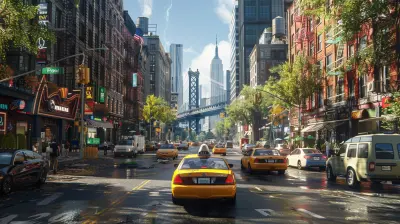How Indie Developers Are Revolutionizing RPG Design
10 November 2025
The gaming world is changing fast, and it’s not just the big studios calling the shots anymore. Indie developers—you know, the small, passionate teams (and sometimes even solo devs!)—are grabbing the RPG genre by the horns and flipping it on its head in the best way possible.
Once upon a time, role-playing games were dominated by massive franchises like Final Fantasy, The Elder Scrolls, and Dragon Age. Don’t get me wrong, these games are awesome. But now, indie RPGs are stepping into the spotlight, bringing fresh ideas, heart, and innovation that we didn’t even know we were missing.
So, how exactly are indie developers revolutionizing RPG design? Let’s dive in.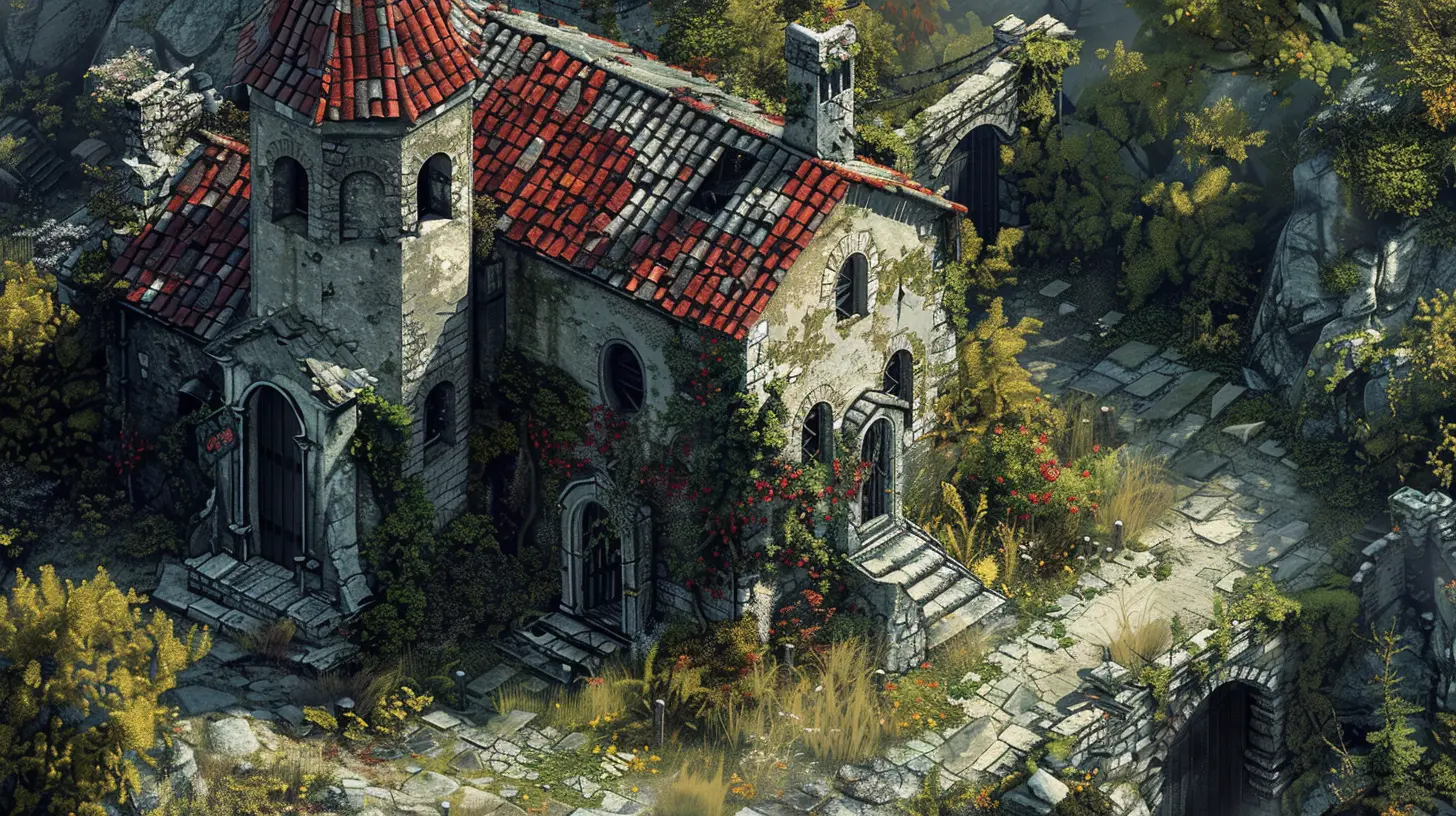
🎨 Creativity Unchained
Breaking Away From the "Tried-and-True" Templates
Big studios often have to play it safe. After all, when millions (or even billions) are on the line, risks can be scary. That means sticking to familiar mechanics, cookie-cutter quest lines, and oh-so-predictable story arcs.Indie devs? They don’t have those same constraints. This freedom lets them experiment, get weird, break the rules—and that’s where magic happens.
Take games like Undertale or Disco Elysium. These RPGs didn’t follow the traditional playbook. Instead, they rewrote it. No grinding for XP. No mandatory boss battles. Just unique mechanics and deeply human storytelling that hit you right in the feels.
Storytelling That's Personal and Bold
Because indie developers are often closer to their projects (read: they live and breathe their games), their stories tend to come from a deeply personal place. The result? Games that feel more like heartfelt epics than scripted blockbusters.Instead of playing yet another Chosen One saving the world from doom, you might find yourself navigating the moral grey areas of a dystopian government (Citizen Sleeper) or trying to make it through life with a heavy heart and no clear answers (To The Moon).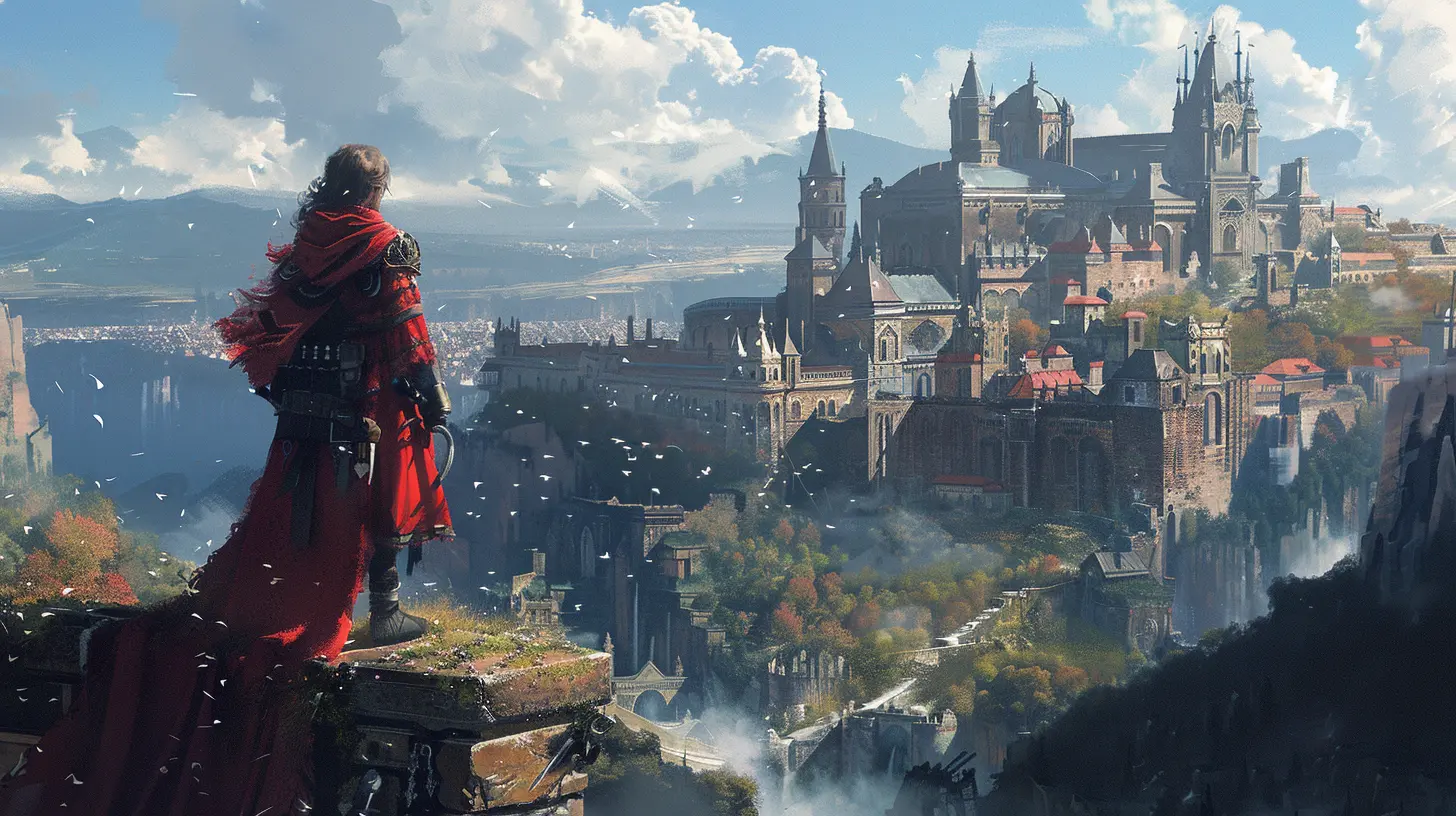
💡 Innovative Mechanics and Systems
Reinventing Combat and Progression
Tired of hack-and-slash combat and repetitive skill trees? So are indie devs.Games like Slay the Spire blend RPG mechanics with deck-building. Darkest Dungeon brings sanity and emotional trauma into its turn-based fights. And Children of Morta uses roguelike family dynamics to build narrative across generations.
Indie RPGs are pushing the envelope, tossing in elements from totally different genres and creating hybrids you didn’t even know you needed.
Choices That Actually Matter
Let’s be honest—how many RPGs pretend your choices matter but funnel you to the same ending anyway?Indie devs are giving us games where decisions really shape the journey. In Undertale, you might finish the game without killing a single enemy—or go full genocide and become the villain. In Disco Elysium, your choices in dialogue can alter your personality and even your skills.
They’re raising the bar, and now players expect more than red-blue-green endings.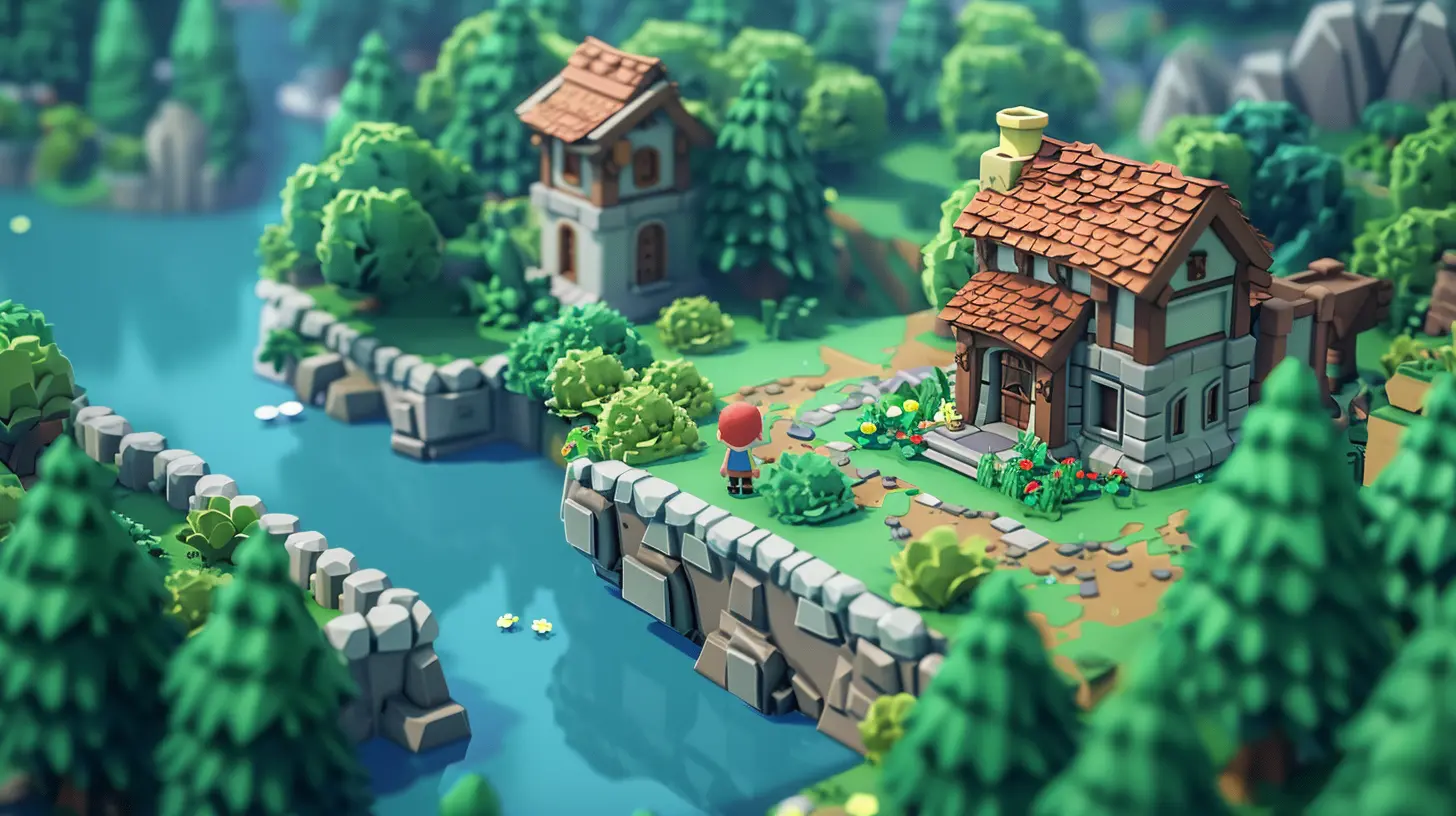
🛠️ Tools of the Trade: Accessibility to Powerful Dev Tools
Leveling the Playing Field
Years ago, you needed a massive budget and an army of devs to make an RPG. Today? The rise of tools like Unity, Unreal Engine, RPG Maker, and Godot has torn down the walls.Now, a solo creator with a vision and the right know-how can build a full-fledged RPG from their bedroom. This has led to a flood of new perspectives, styles, and voices in the genre.
No gatekeepers. Just creativity.
Open-Source and Modding Communities
Indie developers are also feeding off the energy of modding and open-source communities. These tight-knit groups help test, tweak, and even co-develop ideas.Look at Mount & Blade—originally an indie game, it grew a loyal modding fan base that essentially helped shape its evolution into a full-blown franchise.
Collaboration fuels innovation, and indies are leading the charge.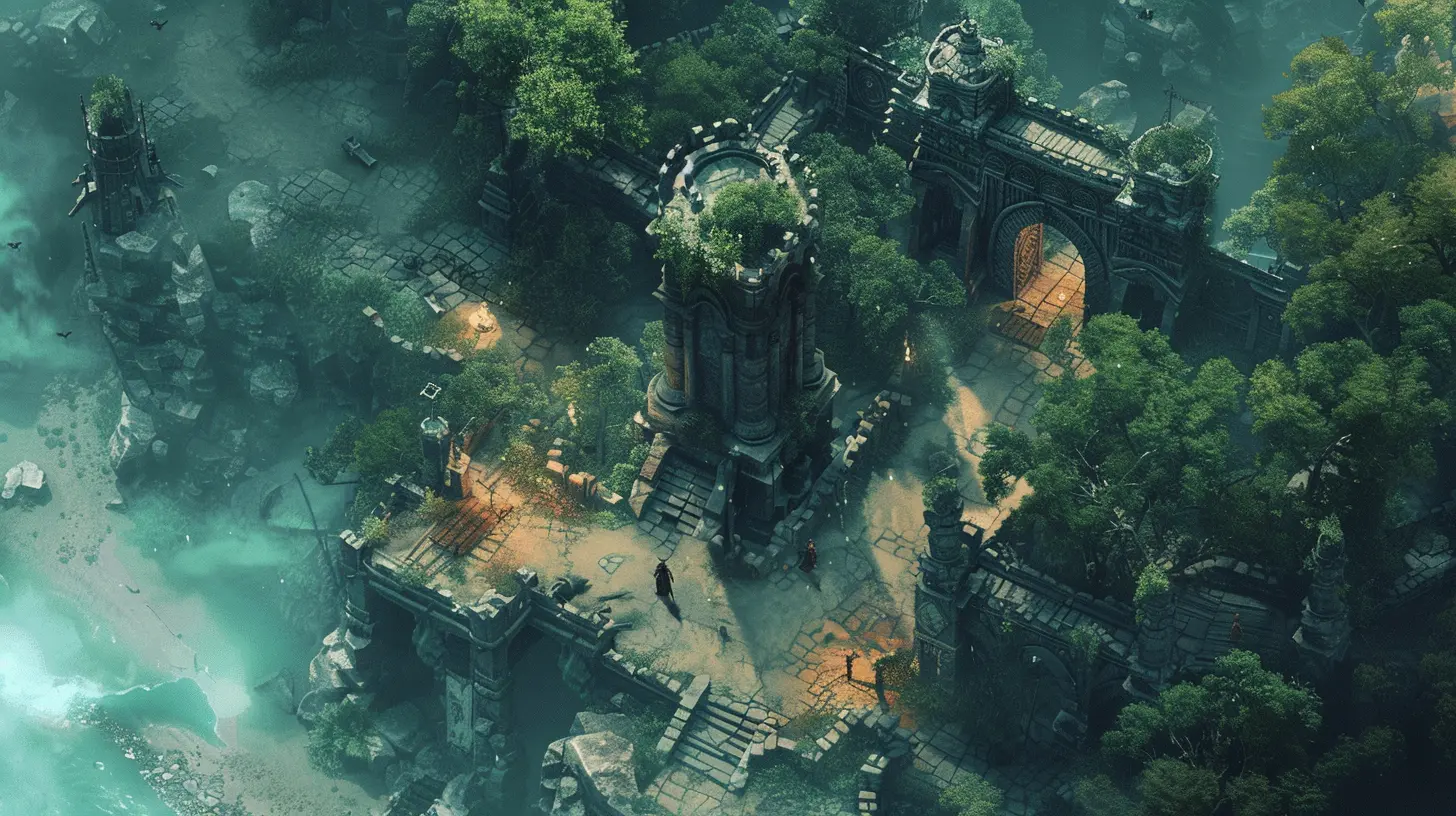
🌍 Diverse Voices, Fresh Perspectives
Stories From All Cultures and Communities
One of the most exciting shifts in the RPG space is the explosion of diverse stories.Indie games don’t have to cater to the “mainstream.” They can speak about real issues—mental health, identity, existential dread—through fantasy settings, sci-fi worlds, or metaphorical gameplay.
Games like Pyre and A Short Hike don’t just entertain—they move us. And they reflect experiences that feel more inclusive, more real, and way more relatable than many AAA titles dare to attempt.
Inclusion in Character Design
Gone are the days when RPGs gave you the same stoic white guy with a sword as your protagonist. Indie developers are embracing diversity, letting you play as characters of all backgrounds, genders, and sexualities. Not just as side notes or “diversity tokens,” but as the heart of the story.They’re showing us that everyone deserves to be a hero.
💬 Community-Driven Development
Listening to Players
Big studios have layers between devs and players. With indies? Not so much.They’re hanging out on Discord, checking Twitter threads, reading every Steam review. That closeness creates a feedback loop where player input shapes development. The devs care—and it shows.
Games like Hades nailed it by releasing in early access and actively involving their community in tweaking gameplay, balancing characters, and making design decisions.
Building Loyal Fanbases
The tight connection between indie devs and their players builds loyalty that no marketing campaign can buy. It’s not just a player base—it’s a tribe.And when players feel heard, they stick around. They support. They evangelize. They even mod and create fan art, turning your little indie RPG into a full-blown movement.
💥 The Rise of Crowdfunding and Direct Support
Games Funded By Fans
Kickstarter, Patreon, and itch.io are game changers (pun intended).Instead of pitching to publishers, indie devs pitch to us—the players. And guess what? We’re buying in. Games like Pathfinder: Kingmaker, Eiyuden Chronicle, and Wasteland 2 were all funded directly by fans hungry for something fresh.
This shifts power away from corporate dollars and back into the hands of creatives and communities.
No Middlemen = Pure Vision
Without a publisher in their ear saying “add more microtransactions” or “make it look more like Skyrim,” indie developers have the freedom to stay true to their vision.That means more authenticity. More heart. And way fewer unnecessary monetization schemes.
🔮 What's Next for Indie RPGs?
Let’s put it this way: the genie’s out of the bottle.Indie RPGs aren’t just a trend—they're shaping the future of game design. We’re seeing:
- More procedural storytelling
- Dynamic character relationships
- AI that adapts to player behavior
- Emotionally intelligent narratives
And there’s no sign of this slowing down.
As more tools become accessible, as more diverse voices join the conversation, and as players continue to demand meaning and innovation, indie RPGs will keep leading the charge.
It’s an exciting, unpredictable, and wildly creative time to be a gamer.
🚀 Final Thoughts
Indie developers are doing for RPGs what punk rock did for music. They’re tearing down the walls, flipping off tired formulas, and reminding us why we fell in love with video games in the first place.They may not have giant marketing campaigns or massive budgets, but what they do have is vision. Passion. Purpose.
So, next time you're browsing Steam, itch.io, or the Nintendo eShop, don’t skip past the little guys. That humble-looking RPG with pixel art and a weird name? It might just change the way you think about games.
Indie developers aren’t just participating in RPG design—they’re redefining it.
And honestly? We’re totally here for it.
all images in this post were generated using AI tools
Category:
Rpg GamesAuthor:

Leif Coleman
Discussion
rate this article
2 comments
Mindy Alexander
Indie developers are redefining RPGs with innovation and unique storytelling.
November 13, 2025 at 5:57 PM

Leif Coleman
Absolutely! Indie developers are pushing boundaries by experimenting with gameplay mechanics and narrative styles, bringing fresh perspectives to the RPG genre.
Nicholas McGivern
Exciting insights on indie innovation!
November 10, 2025 at 5:10 PM

Leif Coleman
Thank you! I'm glad you found the insights exciting! Indie developers are truly pushing the boundaries of RPG design.


